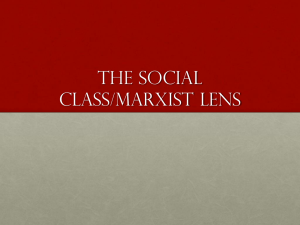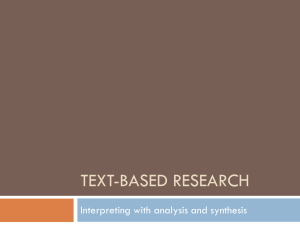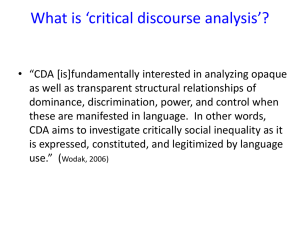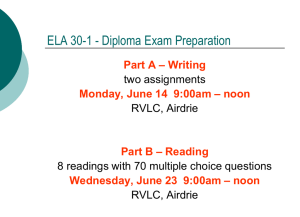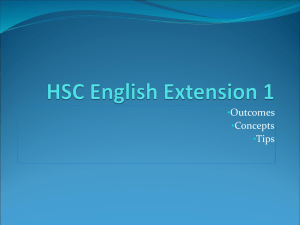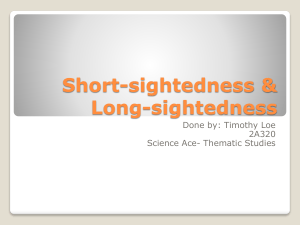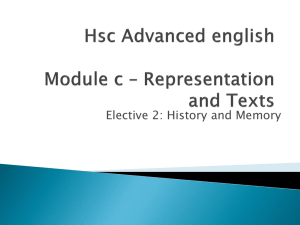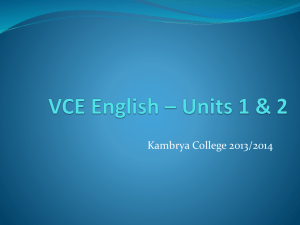File - Carlos Valverde, Ed. D. Intercultural Literature
advertisement
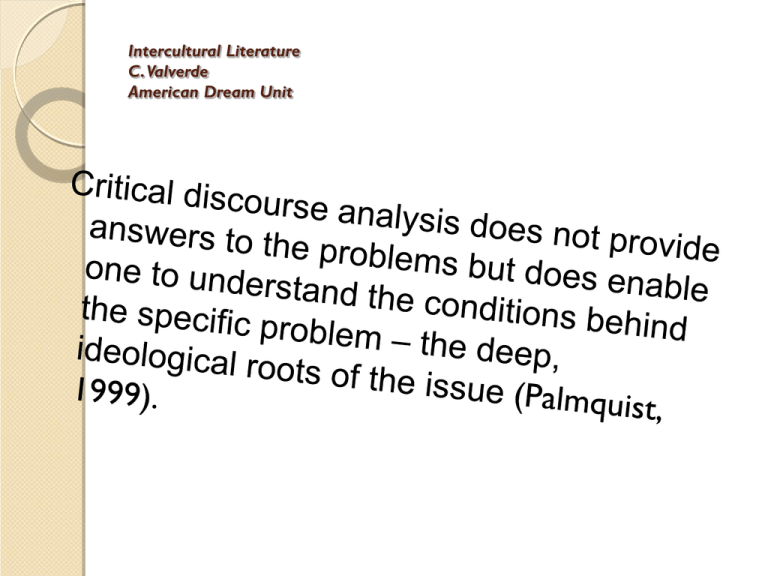
Intercultural Literature C. Valverde American Dream Unit In the Land of the Free Sui Sin Far Circa. 1910 & Angel Island Immigration Station Poetry Anonymous Circa. 1920 Some background info… Sui Sin Far (Edith Maude Eaton) 18651914 ◦ Born in England; Chinese mother and English father. ◦ Family moved to NY in 1870’s; naturalized as US citizen ◦ Lived during heightened anti-Chinese sentiment in the US: Chinese Exclusion Act ◦ First published Asian American writer in the US Chinese Exclusion Act Forty-seventh Congress. Session I. 1882, May 6 Preamble: “… the coming of Chinese laborers to the United States be, and the same is hereby, suspended; and during such suspension it shall not be lawful for any Chinese laborer to come, or, having so come after the expiration of said ninety days, to remain within the United States.” Section 9: “That before any Chinese passengers are landed from any such vessel, the collector, or his deputy, shall proceed to examine such passengers, comparing the certificates with the list of passengers; and no passenger shall be allowed to land in the United States from such vessel in violation of the law.” Section 12: “And any Chinese person found unlawfully within the United States shall be caused to be removed therefrom to the country from whence he came, by direction of the United States, after being brought before some justice, judge, or commissioner of a court of the United States and found to be one not lawfully entitled to be or remain in the United States.” NOTE: The act was in effect for 61 years; repealed in 1943 through the Magnuson Act which lifted restrictions and gave amnesty to Chinese residing in the US. Characters In the Land of the Free • • • • • • Hom Hing Lae Choo Little One Immigration officers James Clancy Orphanage nun Angel Island Poetry • Anonymous detainees CDA Socio-Historical Lens What is the historical context of the texts? How does historical knowledge affect the reading of these texts? Socio-Cultural Lens What is the social context of the texts? What is the cultural context of the texts? CDA Relationships of Power Lens How is institutional power represented in the story or poems? Who/what is depicted as “in power”? Who seems to exert power over others? Who is depicted as powerless and passive? CDA Gender Lens In what ways do we see gender inequality in the texts? What is the role of men? What is the role of women? CDA Racial Lens What is the role of race and racism in the texts? How are race relations depicted in the texts? In what ways is discrimination exercised? CDA Socio-economic Lens How does Hom Hing and Lae Choo’s economic status affect their conditions? What is the relationship between wealth, or lack thereof, and power? What might have to be sacrificed at the expense of wealth? CDA Political Lens What political implications can we draw from the texts? What are the affects of political acts on social conditions? Can we draw correlations between political ideologies of the past with those of the present? What ideological slant (belief system) might Sui Sin Far demonstrate in writing this piece? What do the texts suggest about the American Dream? CDA Psychological Lens How did the scenarios of the texts, affect the thinking, behaviors, and emotions, of certain characters? What questions do the texts raise about the mental/psychological conditions of the characters or authors? CDA Humanistic/Personal Lens Which character or poem do you most identify with? Why? What events or words affected you the most? Why? What questions do the texts raise about compassion? CDA Meanings/Double Meanings Section 3: “the Great government” Section 4: “Go away, go away!” Title: “In the Land of the Free” Poem III: “I could do nothing but frown and feel angry at heaven” Poem VI: “Even while they are tyrannical they still claim to be humanitarian” Poem VIII: “Experiencing a little ordeal is not hardship/ Napoleon was once a prisoner on an island” Relation to the Present * In what ways do current laws prevent certain immigrants legal entry into the US? * How do immigration laws prevent access to the American Dream? * How do laws affect the social perception of certain immigrants? Vice-versa. * How does the US perceive certain immigrant groups today? * Why types of political debates arise from the issue of immigration today? * What factors influence your own personal beliefs and attitudes toward immigrants? Some High-profile Examples Elian Gonzalez - 2000 Alvira Arrellano – 2006 Thousands of other examples not covered by the media.
